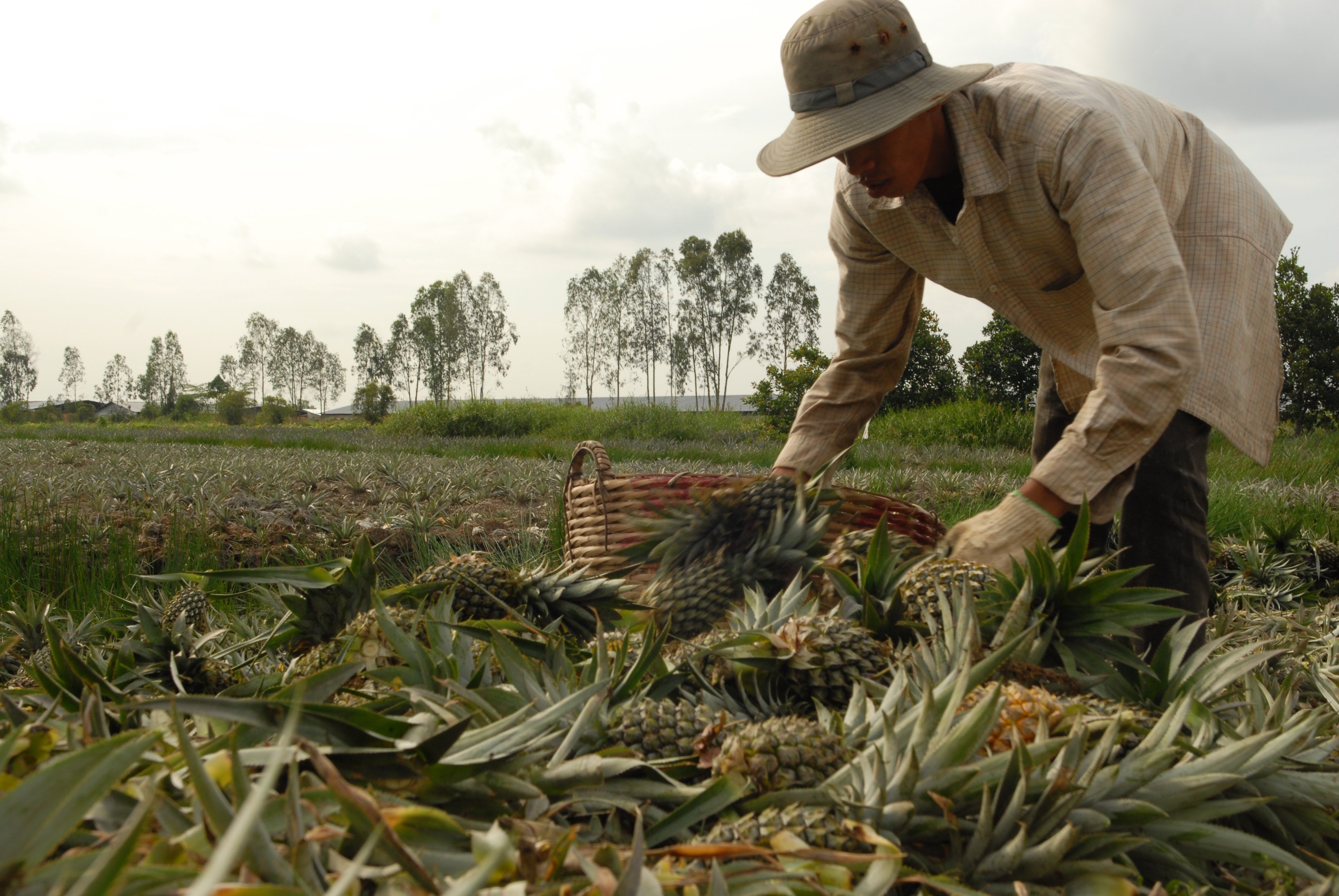 |
| Although it is a key agricultural production and export region, the Mekong Delta has a very low investment capital ratio. |
The report provides a comprehensive picture of the macroeconomic situation and the opportunities and challenges in attracting investment capital to create sustainable growth momentum for the Mekong Delta.
Mr. Pham Tan Cong, Chairman of VCCI, said that the lack of investment has become one of the core causes leading to the “downward spiral” of the Mekong Delta economy in recent years. Although it is a key agricultural production and export region, contributing more than 50% to Vietnam’s trade surplus, the Mekong Delta has a very low rate of investment capital.
Specifically, in terms of per capita, compared to the 6 socio-economic regions of Vietnam, the Mekong Delta ranks 3rd in ODA capital, 4th in public investment, 5th in FDI, and 6th in domestic private investment. The result is poor infrastructure, declining employment opportunities, stagnant labor productivity, and weakened competitiveness.
In the 2021-2023 period, total social investment capital in the Mekong Delta accounted for only 11.2% of the country, down from 13.2% in the 2011-2016 period, lower than the Mekong Delta's contribution to the country's GDP. Private investment, the most important growth driver, also grew slowly. As a result, over the past 10 years, the proportion of private investment capital in the Mekong Delta decreased from 14.9% of the country to only 12.4%. Notably, FDI in the Mekong Delta in 2023 accounted for only 2% of the country's total FDI capital, mostly concentrated in Long An, while the remaining provinces were almost devoid of foreign investors. The report pointed out four main groups of barriers that are holding back investment capital flows into the Mekong Delta.
Firstly, the transport and logistics infrastructure is weak due to the Mekong Delta's lack of connection with major economic centers such as Ho Chi Minh City, high transportation costs and an unsynchronized supply chain.
Second is the shortage of skilled labor as the Mekong Delta is the region with the highest immigration rate and the lowest rate of trained labor in the country, while the demand for high-quality human resources is increasing.
Third, the risk from climate change with saltwater intrusion, land subsidence and rising sea levels is causing serious impacts, reducing attractiveness to investors.
Fourth, the business environment is not favorable enough when investment attraction policies are not attractive, administrative procedures are complicated, and access to land and finance is difficult.
According to Mr. Jonathan London, Senior Economic Advisor of UNDP Vietnam, when identifying the barriers that hinder investment capital flows into this region, the Mekong Delta needs key groups of solutions to remove investment bottlenecks and promote sustainable development for the Mekong Delta, especially policies that need to focus on accurately identifying investment priorities, improving investment efficiency; expanding financial resources from both the public and private sectors. In particular, effective and efficient public investment is a key condition to attract private investment into the Mekong Delta.
At the same time, it is necessary to make digital transformation the focus of investment and development strategies; prioritize investment in telecommunications infrastructure and high-speed internet as a premise for digital government, digital economy and digital society. This helps optimize resources, improve productivity of both the public and private sectors in the context of limited investment capital, and increase the attractiveness of the Mekong Delta to technology-intensive investors.
In addition, it is necessary to restructure the allocation of public investment towards prioritizing transport and telecommunications infrastructure, logistics and digital transformation. At the same time, it is necessary to promote disbursement of key projects such as the Can Tho - Ca Mau, Chau Doc - Can Tho - Soc Trang expressways and the agricultural logistics system.
The Mekong Delta also needs to create a favorable environment to attract private investment and FDI by improving administrative procedures, making licensing processes transparent, and improving access to land for strategic investors in the fields of high-tech agriculture, deep processing industry, and renewable energy; developing public-private partnership (PPP) models, mobilizing private capital to participate in important infrastructure projects, especially transportation and logistics. At the same time, it is necessary to build ecological rural and green urban models to improve the quality of life and attract talent to the Mekong Delta.
“To reverse the economic downturn, the Mekong Delta needs a comprehensive and long-term investment resource mobilization strategy with close coordination between the Government, local authorities and the business community. Only by attracting sustainable investment flows can the region take advantage of its enormous economic potential, improve labor productivity and ensure sustainable livelihoods for the 18 million people in the Delta,” Mr. Jonathan London emphasized.
Source: https://thoibaonganhang.vn/bon-nhom-rao-can-kim-ham-dong-von-dau-tu-vao-dong-bang-song-cuu-long-161934.html




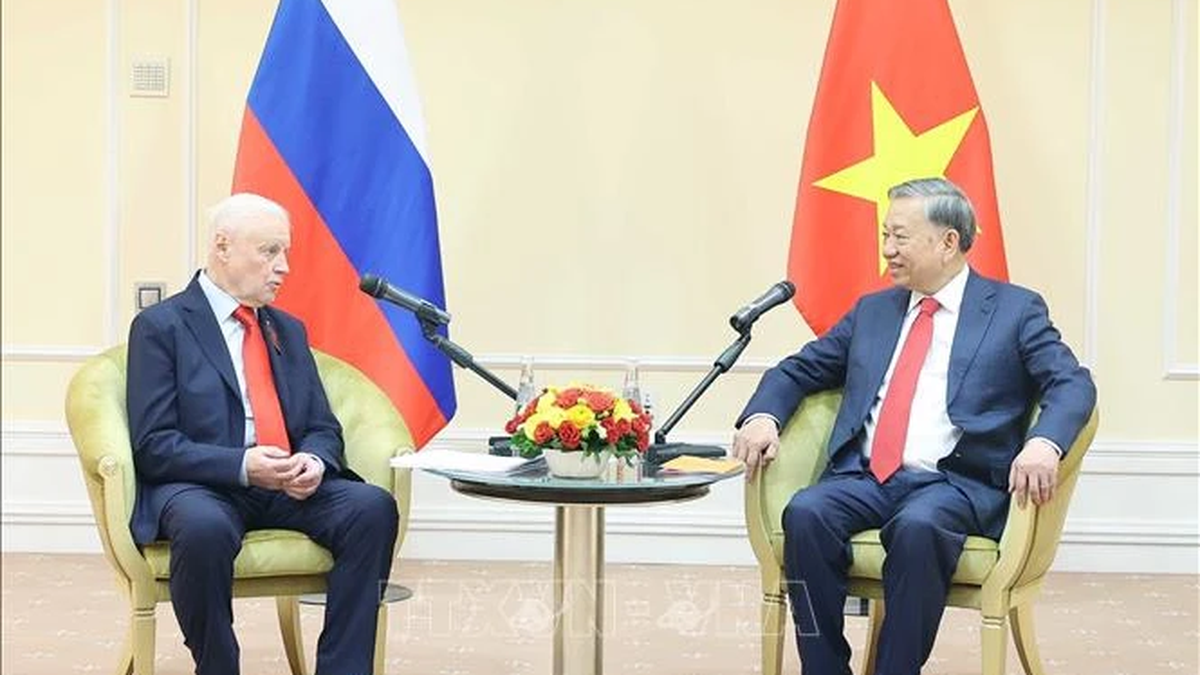
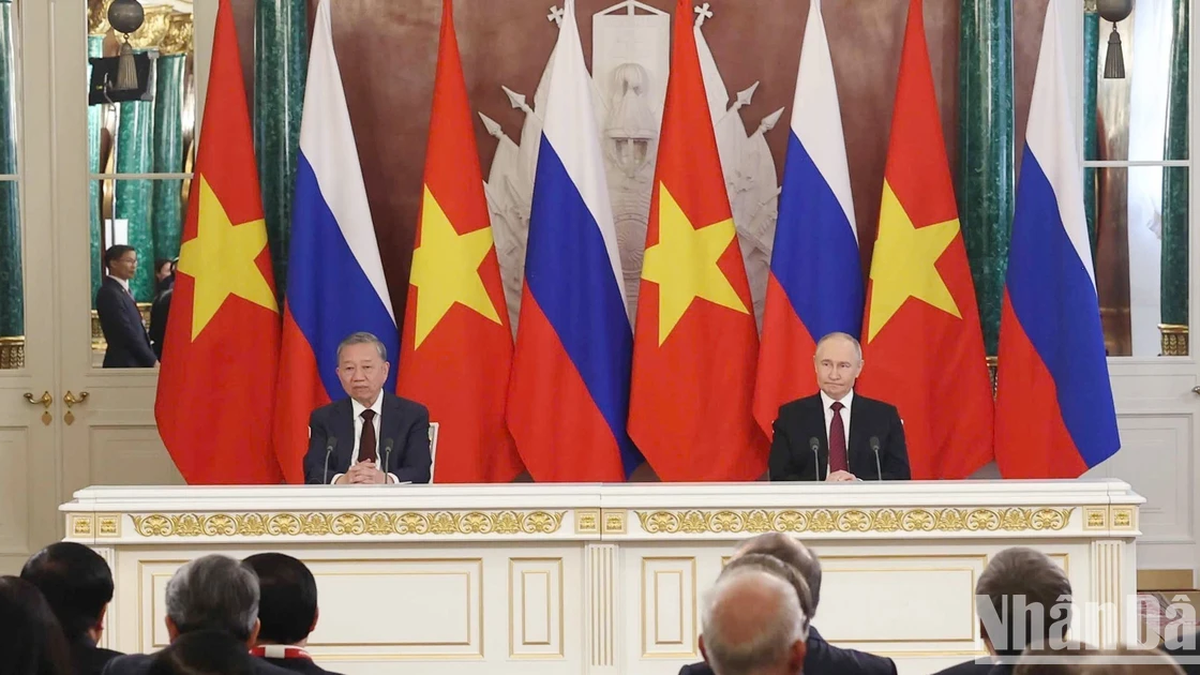
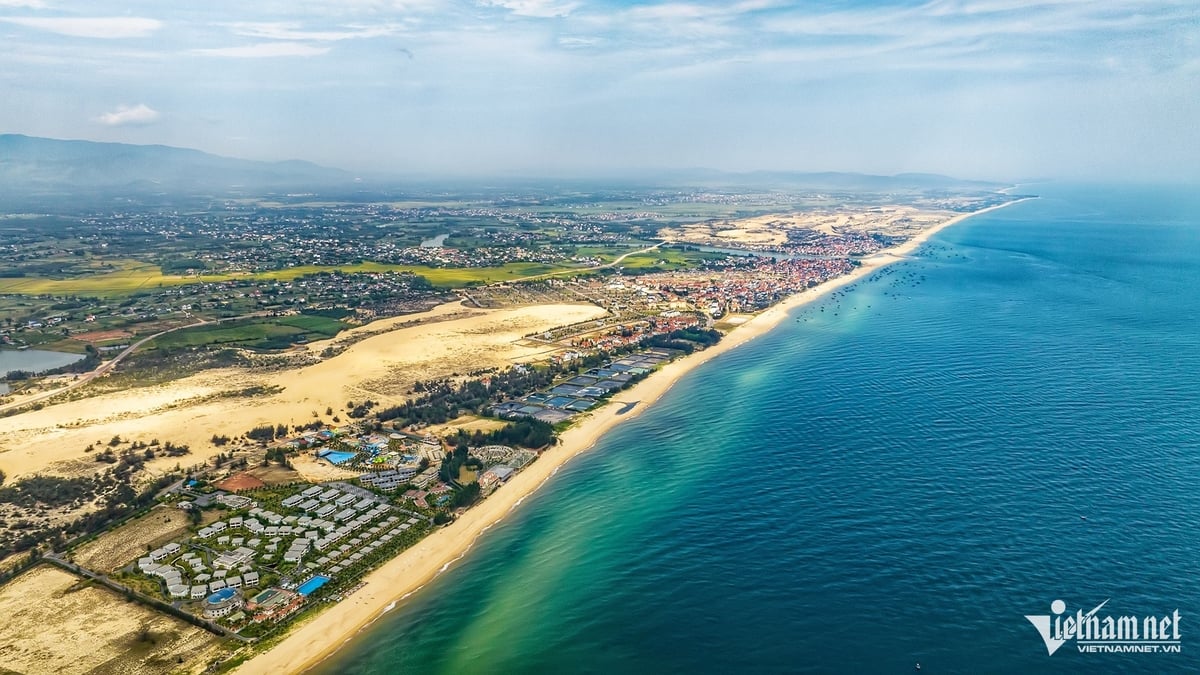
![[Photo] Prime Minister Pham Minh Chinh chairs Government Standing Committee meeting on Gia Binh airport project](https://vphoto.vietnam.vn/thumb/1200x675/vietnam/resource/IMAGE/2025/5/10/6d3bef55258d417b9bca53fbefd4aeee)



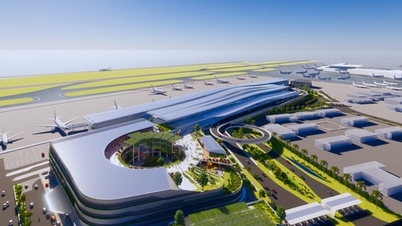

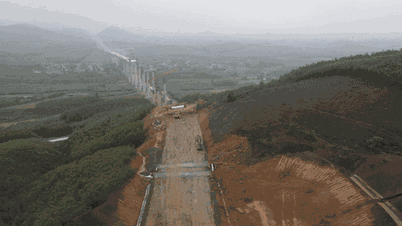
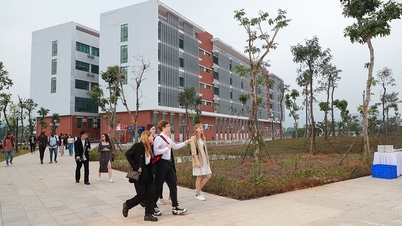

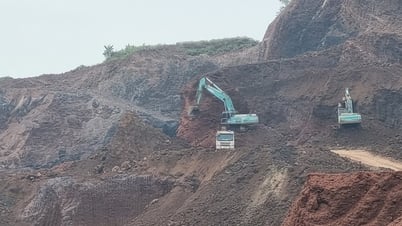

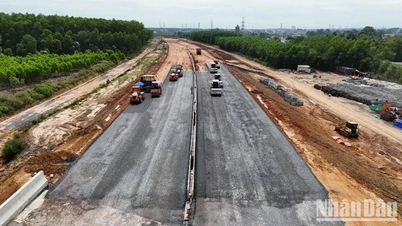
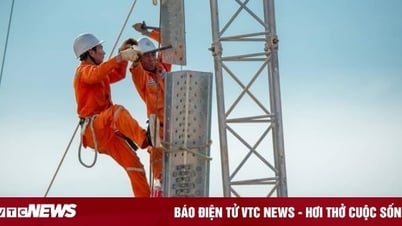


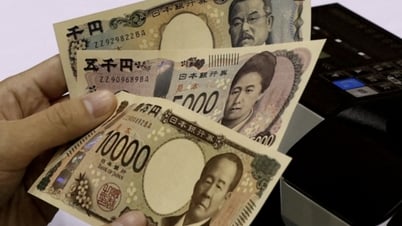




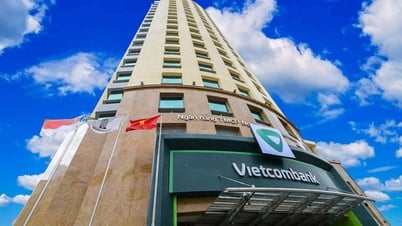

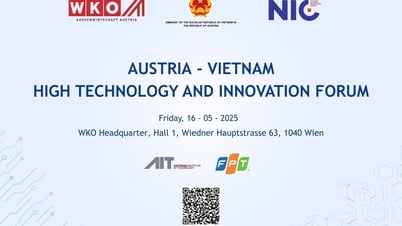
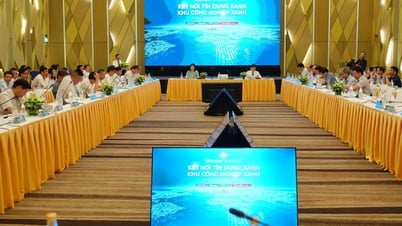
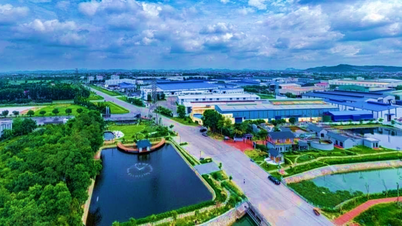
































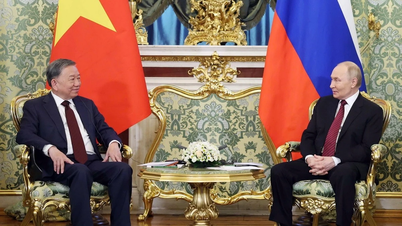

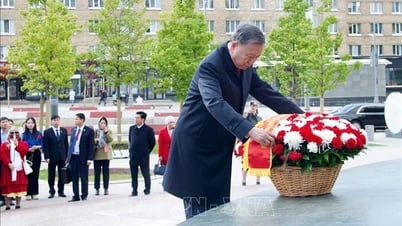
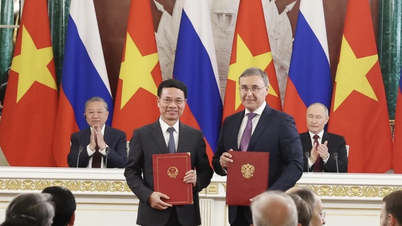
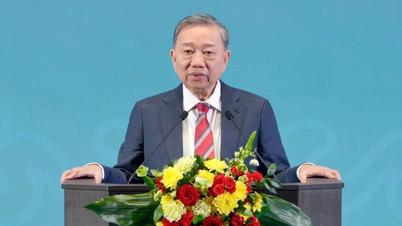















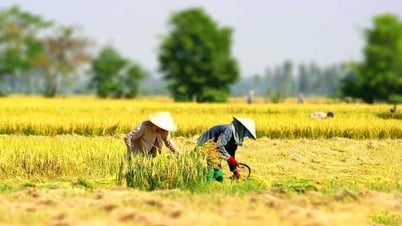
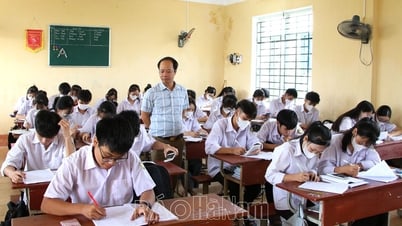

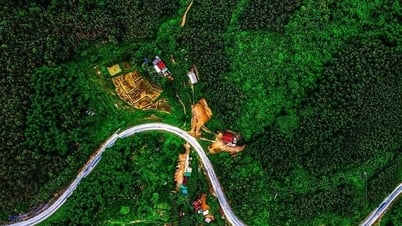














Comment (0)